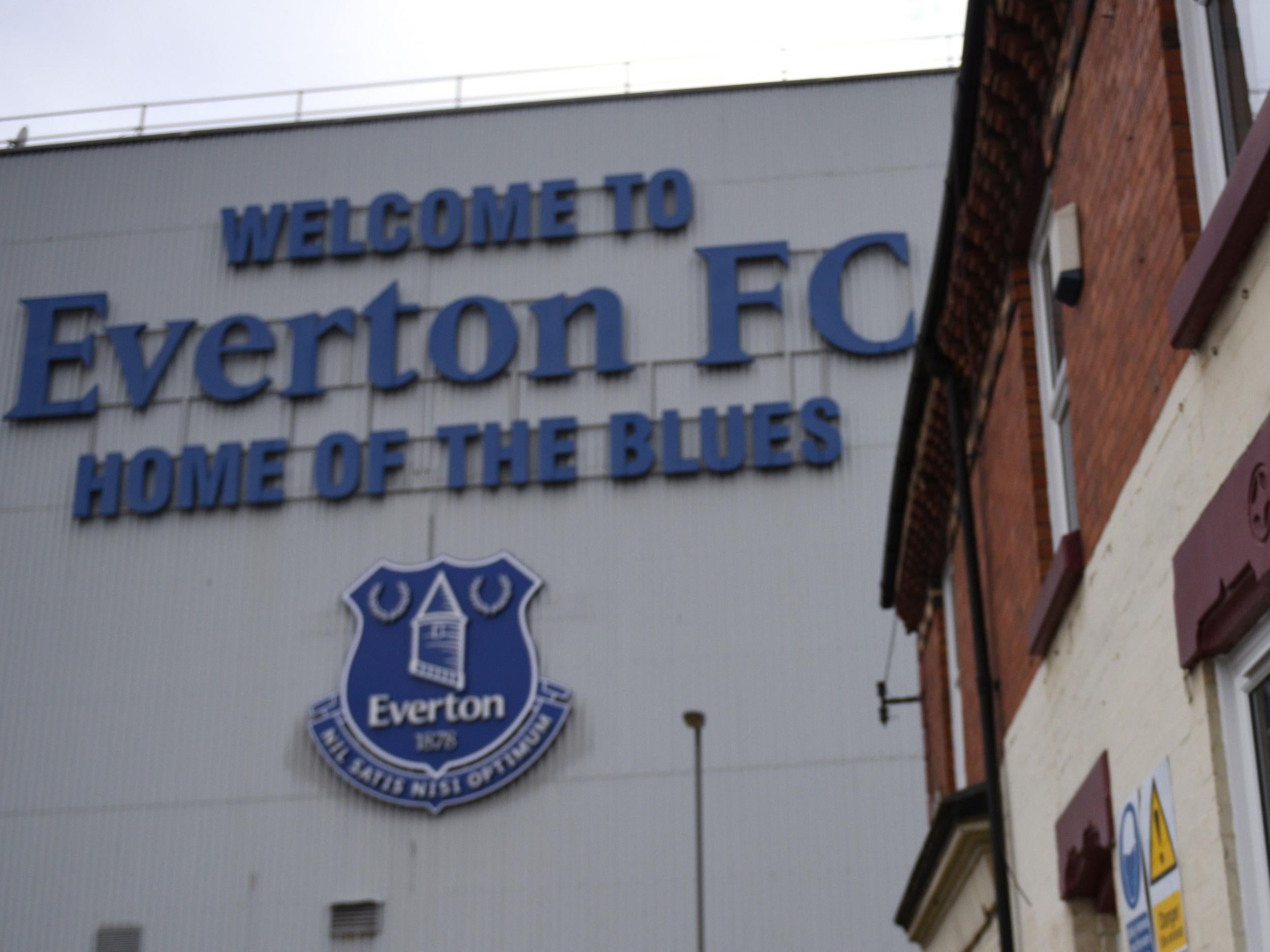Everton's new stadium plans risk Liverpool's prestigious Unesco World Heritage status
Unesco told The Independent they were not aware of the plans to build the new stadium

Your support helps us to tell the story
From reproductive rights to climate change to Big Tech, The Independent is on the ground when the story is developing. Whether it's investigating the financials of Elon Musk's pro-Trump PAC or producing our latest documentary, 'The A Word', which shines a light on the American women fighting for reproductive rights, we know how important it is to parse out the facts from the messaging.
At such a critical moment in US history, we need reporters on the ground. Your donation allows us to keep sending journalists to speak to both sides of the story.
The Independent is trusted by Americans across the entire political spectrum. And unlike many other quality news outlets, we choose not to lock Americans out of our reporting and analysis with paywalls. We believe quality journalism should be available to everyone, paid for by those who can afford it.
Your support makes all the difference.Liverpool could lose its World Heritage status if damage to the city’s historic Victorian docks is caused by plans for Everton’s anticipated new £300m stadium, which Unesco has not yet been officially notified of.
The city council this week announced plans for a new £22m dual carriageway into the city which is expected to have benefits for developments including the proposed new stadium at Bramley Moore Dock. But the city - which has been placed on an ‘in danger’ register for four years by the cultural body because of major developments within its historic dock - may be forced to decide between adapting the stadium plans to maintain World Heritage status, or foregoing the prestigious title altogether.
Asked by The Independent if it had concerns about the proposed stadium, Unesco said it was “not aware of this project” but would scrutinise it as part of its assessment of the city’s heritage status. “The organisation will ensure the required follow-up through the World Heritage Committee, which is charge of dealing with such emerging projects and will be in touch with the UK national commission for Unesco,” the organisation said.
The issue is a sensitive one within the city, as there is a reluctance to speak out against plans for a new Everton stadium – a development which would be hugely popular. But specialists believe that something with as large a footprint as the stadium, with its parking and road access, would obliterate at least one of the docks which have earned the World Heritage status.
One suggestion being put forward by those who fear that the Unesco status might be jeopardised – and so, too, the value to Liverpool’s image it brings – is that the stadium might somehow be built outside of the footprint of the dock system.
In defence of Everton’s proposals, the city council is expected to argue that the stadium development will actually enhance the World Heritage Site by making the Bramley Moore Dock a public area again. It is currently privately owned, by Peel Holdings. The argument will be: “What’s the point of a heritage zone if you can’t access it,” said a city council source.
The Merseyside Civic Trust said it was important that the historic dock wall – a structure fundamental to the city’s development as a port – is preserved when the new stadium is built. But the body’s chair Jean Grant said that she was in favour of the new stadium if it fitted into the landscape.
“As important as the preservation of the dock wall is the construction of a superb, world class stadium. That would be wonderful for the city. We are a football city,” she said. “There are examples of heritage sites around the world where new buildings have been put in. The important aspect is how it talks to its space.”
Another source said: “A solution is needed that gets Everton a new stadium and retains World Heritage Site status for the city. Both are vital to the long-term future of the city region. The issue shouldn’t be seen as one or the other.”

Unesco last year recommended placing a two-year moratorium on new developments within the world heritage site and its “buffer zone”, which includes much of the city centre. But the city’s mayor, Joe Anderson, refused to comply, saying that heritage status should not stifle growth in the city.
The council said at the time that Unesco‘s recommendation, if implemented, would put hundreds of millions of pounds worth of investment and jobs at risk by sending out the message that Liverpool had “shut up shop and was closed for business.”
Join our commenting forum
Join thought-provoking conversations, follow other Independent readers and see their replies
Comments